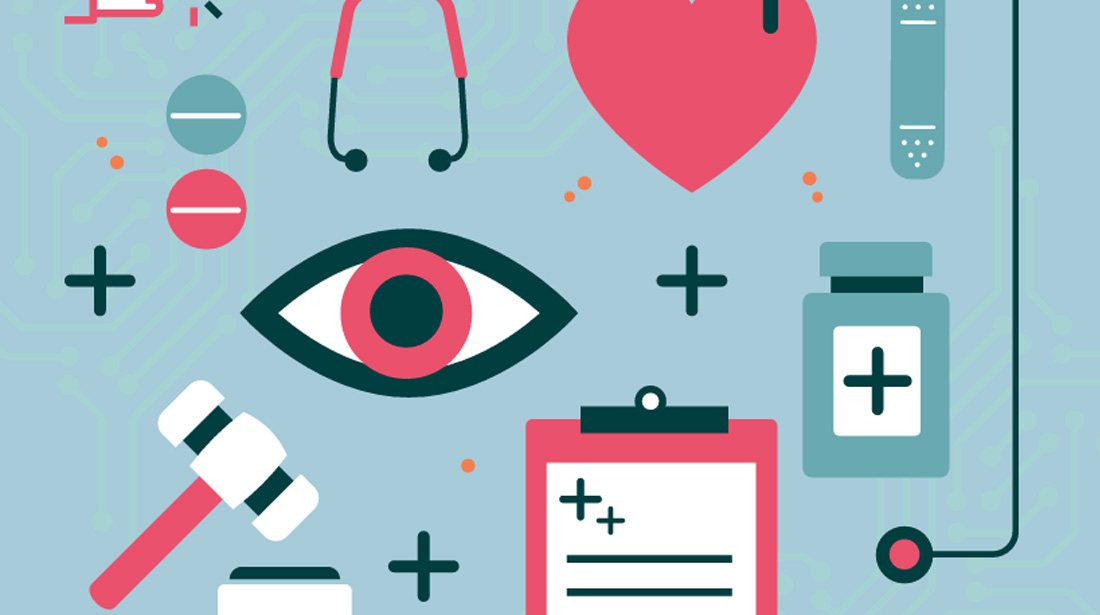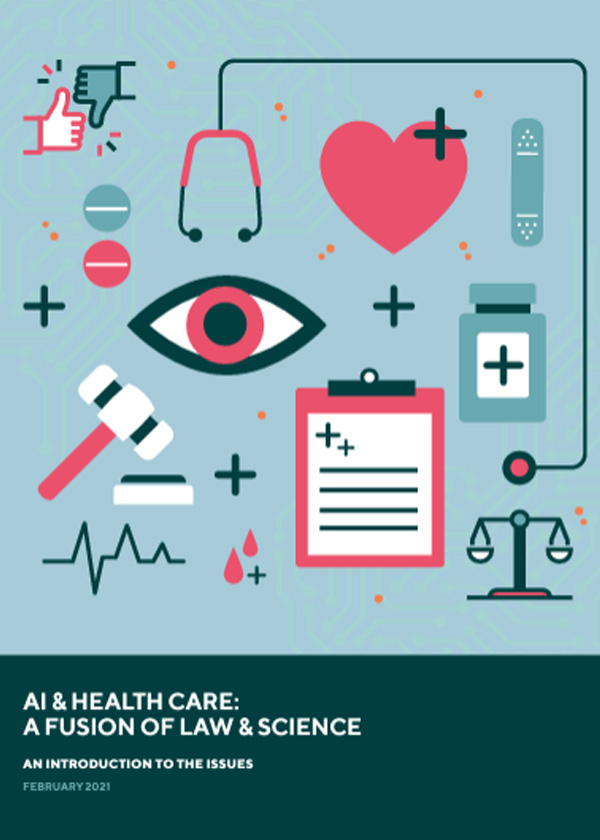By: CIFAR
1 Feb, 2021

February 2021
Current legal and regulatory medical regimes — protecting patient safety and privacy — were developed in an era of medicine that is rapidly falling out of memory. The workshop explored existing safety and privacy laws surrounding AI health technologies from ethical, legal, and regulatory perspectives.
CIFAR assembled an interdisciplinary group of experts in AI, law, ethics, policy, and medicine to address the core regulatory issue raised by these complexities: How can Canada maximize the potential benefits of the use of AI in health care while minimizing potential dangers? More specifically, the experts began examining whether existing laws (constitutional protections, legislation/regulations, case law, and “soft” law (e.g. professional ethical and research ethics codes) are sufficient to protect patients from harms and maximize benefits that may emerge from AI technologies and the form possible reforms may take. The event focused on the challenge of addressing privacy- and safety/quality-based concerns in legal regulations and related ethical issues surrounding the use of AI in health care.
Leadership Team: Colleen Flood, University of Ottawa, Canada; Ian Kerr (until 2019), University of Ottawa, Canada; Joelle Pineau, McGill University, Canada; Céline Castets-Renard, Université Toulouse Capitole, France.
